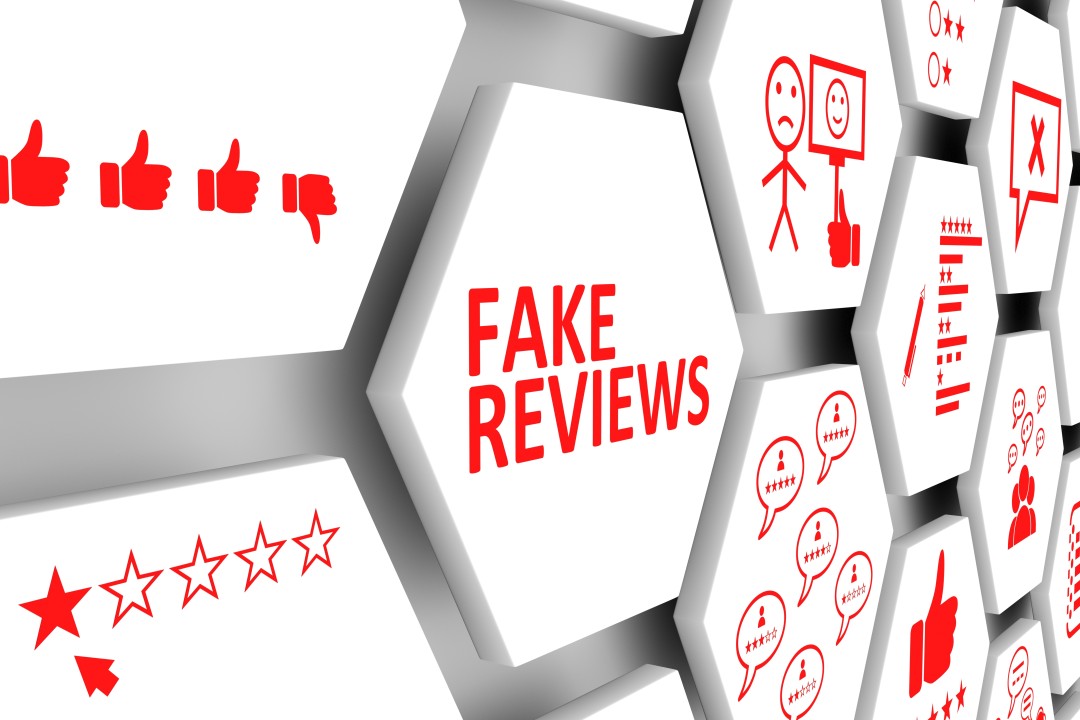Introduction:
Online reviews have enormous influence over businesses in today’s linked world, affecting consumer decisions and forming reputations. Even while a lot of reviews provide insightful commentary, the prevalence of fraudulent accounts and faked reviews seriously jeopardizes the success and legitimacy of businesses. However, what will you do if people start making false accounts in order to damage the reputation of your company? This post will discuss the issue of phony reviews and offer doable tactics to safeguard and preserve the reputation of your company.
The Increase in fake Reviews:
The ease with which anonymous or pseudonymous identities may be created on social media and online review sites has made it possible for someone to manipulate and skew public perception by posting fraudulent reviews. Whether driven by financial gain, personal grudges, or competitive sabotage, fake reviewers can seriously harm organizations by disseminating misleading information and undermining potential consumers’ faith.
How to Spot False Reviews:
It can be difficult to identify false reviews since the people who do them frequently employ cunning strategies to hide their manipulation. Fake reviews can be identified by their excessively enthusiastic or negative wording, an abrupt increase in reviews from untrusted or new accounts, and discrepancies in the experiences or information provided by reviewers. Furthermore, companies could observe suspicious patterns of activity, such several reviews coming from the same IP address or region.
Keeping Your Image Safe:
There are a few actions you may take to lessen the damage and protect your brand if your company is the target of phony reviews meant to undermine your reputation:
- Keep an eye on internet platforms
Keep an eye out for any indications of fraudulent or malicious activity on social media, other pertinent websites, and online review platforms. - React timely and proficiently
Whether the reviews are phony or real, address any bad ones with promptitude and professionalism. Show empathy when responding to the reviewer’s issues and, if at all possible, provide solutions. This might lessen the impact of unfavorable reviews and shows your dedication to client happiness.
Taking a Strategic Approach:
It is imperative that businesses react to bogus reviews in a calculated and professional manner. Taking part in public altercations or punitive actions may backfire, highlighting the phony reviews and worsening the harm to the company’s reputation. Rather, companies ought to concentrate on resolving valid client issues, upholding transparency, and exhibiting a dedication to excellence and morality.
Actively Looking for Solutions:
Preventive measures are often the best defense against fraudulent reviews. In order to safeguard their online reputation, businesses should take proactive measures such as encouraging satisfied clients to leave positive evaluations, monitoring dubious activity on review platforms, and reporting fraudulent reviews to the platform administrators for investigation and removal. Businesses that engage in reputation management services and solutions may also more effectively monitor and mitigate the effects of fake reviews.
Take Legal Action:
If you believe that phony reviews violate the law or amount to defamation, you should think about taking legal action. To evaluate your options and choose the best line of action for defending your rights and reputation, speak with an experienced attorney.
Make a Reputation Management Investment:
To better monitor and control your internet presence, think about spending money on reputation management services or software. These tools track sentiment and trends across several platforms and assist in identifying and addressing false reviews.
Building Transparency and Trust:
In the end, preserving and gaining the trust of your clients is critical to safeguarding your company’s reputation against fraudulent reviews. Through emphasizing customer pleasure, providing outstanding products and services, and promoting transparent communication channels, companies can develop a devoted clientele that is less vulnerable to the impact of fraudulent online evaluations. Furthermore, addressing criticism and resolving problems with transparency and accountability can lessen the impact of phony reviews and strengthen the company’s reputation for honesty and integrity.
Conclusion:
False reviews represent a serious risk to companies’ online reputations in the digital era, but precautions can be done to guard against this kind of online fraud. Businesses may safeguard their online reputation and preserve client trust in the face of fraudulent reviews by being watchful, reactive, and proactive in their search for answers. Businesses who place a high priority on authenticity, transparency, and customer pleasure will eventually win out in the marketplace even though the fight against phony reviews may still be ongoing.










